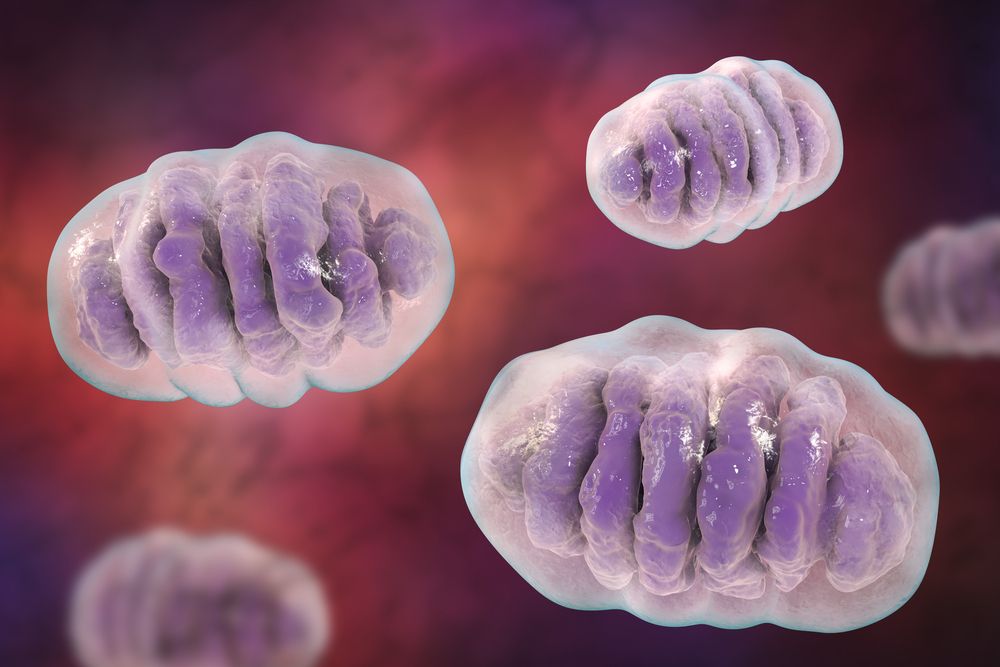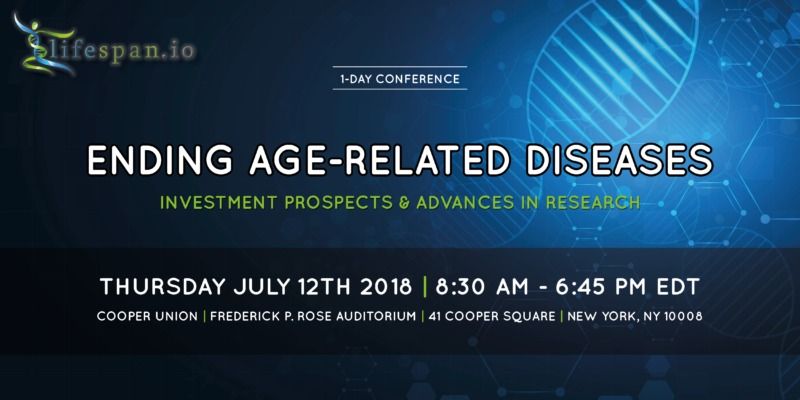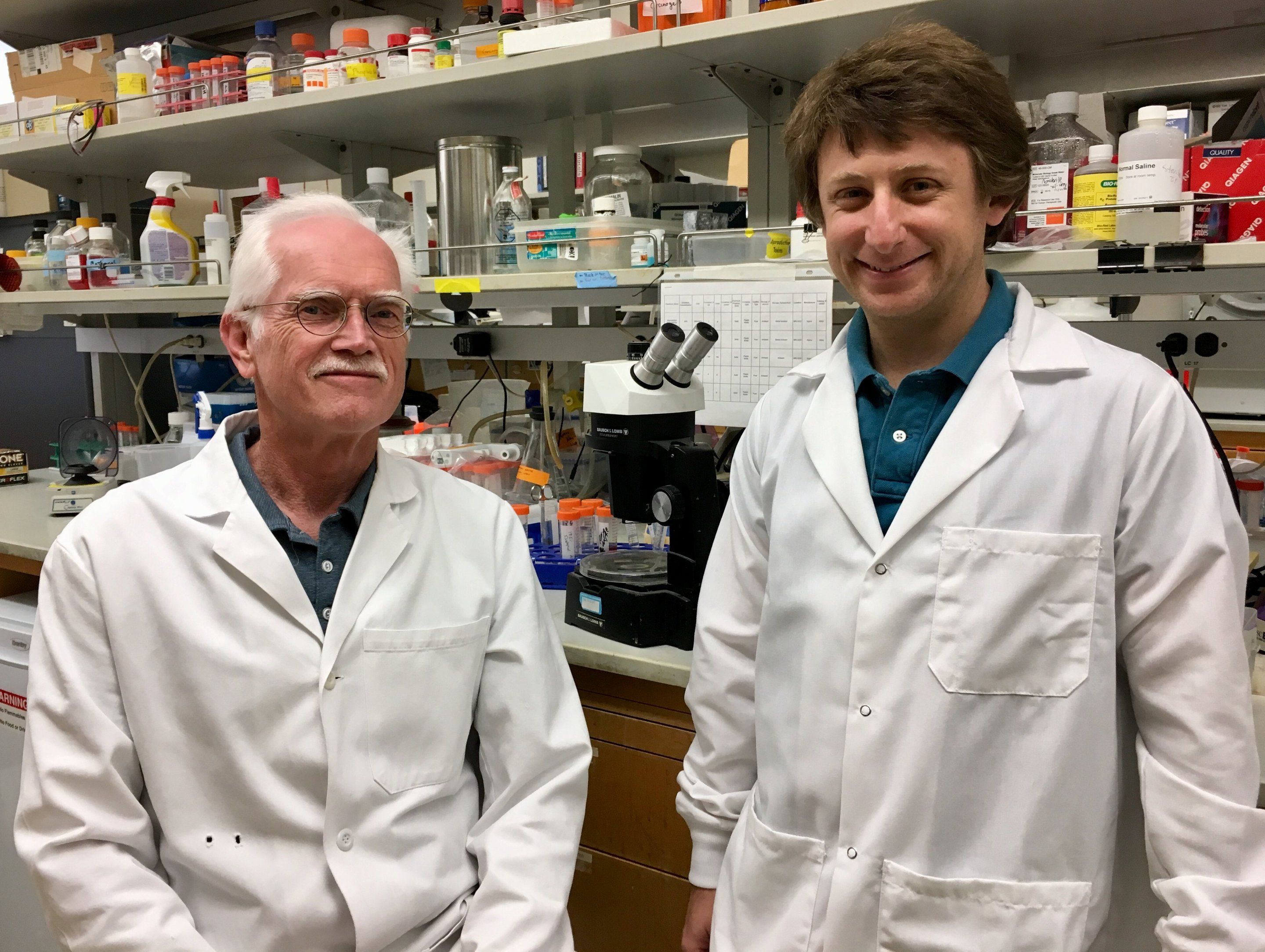Archive for the ‘biotech/medical’ category: Page 2341
May 3, 2018
Watch the First-Ever HD Footage of a Cell Moving Through the Body
Posted by Genevieve Klien in categories: biotech/medical, innovation

If you’re like most people, the first biological cell you ever saw was flat: a diagram in a book, or maybe a microscope image on a slide if you were lucky. Same goes for scientists. It’s hard enough to zoom in on something so small, much less capture a 3D image of the thing. As a result, it’s easy to imagine that there are a multitude of two-dimensional discs filling your blood vessels and fighting your infections. That’s why this new development is so eye-opening. Researchers have made an imaging breakthrough that lets them capture 3D footage of cells doing their thing inside the body — and it may look nothing like what you imagined.
The video below depicts the inner ear of a zebrafish — you know, that little inch-and-a-half (4-centimeter) striped thing you see in pet store fish tanks? Suffice it to say, the objects in this footage are very, very small. Here, a fiery yellow immune cell rolls on through gobbling up bright-blue particles of sugar.
Continue reading “Watch the First-Ever HD Footage of a Cell Moving Through the Body” »
May 3, 2018
We Now Have Artificial Embryos So Life-Like, They Initiate Pregnancy In Mice
Posted by Genevieve Klien in category: biotech/medical
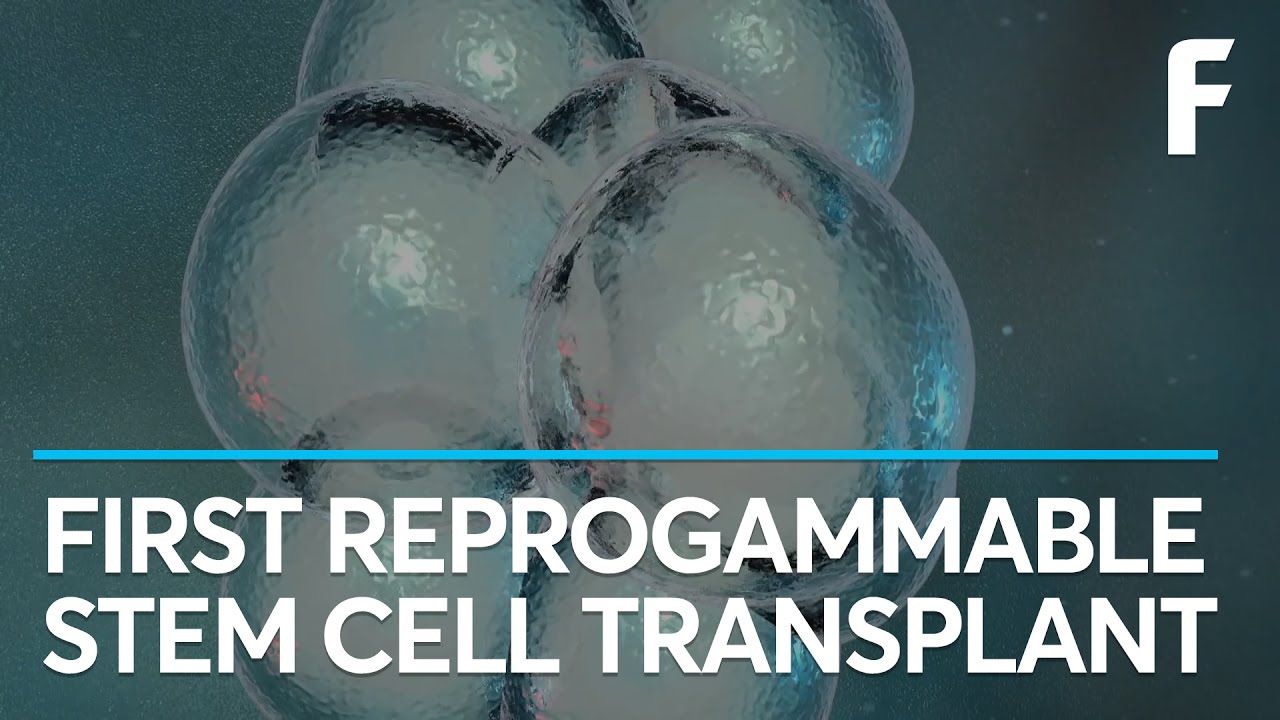
Researchers have successfully mimicked the blastocyst stage of development in an artificial embryo created using stem cells.
May 3, 2018
Antioxidant MitoQ Combats Vascular Aging in Human Study
Posted by Steve Hill in categories: biotech/medical, life extension
A human study of the mitochondrial antioxidant MitoQ shows promise in addressing some aspects of vascular aging.
Antioxidant-based therapeutics to forestall the effects of aging have had a long history, ever since the elaboration of the free radical theory of aging by Denham Harmon in 1956. However, this long history has also had mixed results, with studies alternately showing efficacy, a lack of efficacy, or even negative health effects for some applications of antioxidants. Many of these studies analyzed the results of taking high doses of naturally occurring antioxidants. In general, high doses are necessary due to the poor bioavailability of many of these naturally occurring compounds.
The poor bioavailability of Coenzyme Q10, a naturally occurring antioxidant that is found in cells and decreases with age, spurred scientists to develop a synthetic form. This form, dubbed MitoQ, is very similar in structure to the naturally occurring form, only it has a triphenylphosphonium moiety that allows this derivative to be two to three orders of magnitude more permeable to membranes, particularly the membranes of mitochondria. It is within mitochondria that MitoQ appears to be doing most of its work by soaking up reactive molecules, generated as byproducts of respiration, that can oxidize and damage lipids and proteins.
Continue reading “Antioxidant MitoQ Combats Vascular Aging in Human Study” »
May 3, 2018
Ending Age-Related Diseases: Investment Prospects & Advances in Research
Posted by Steve Hill in categories: biotech/medical, life extension
We are delighted to announce our first US conference in NYC. An action-packed day of research and investment and the first of the events we have planned this year.
At the Frederick P. Rose Auditorium, Cooper Union in New York City, we will be hosting a special one-day conference focused on aging research and biotech investment. Developing therapies from initial concepts, through clinical testing, and ultimately to market takes a pipeline, and right now, that pipeline is being built to support the next step in medicine: rejuvenation biotechnology. Join us for this exciting event, where industry experts will be sharing their insights on the advances and investment prospects in an industry poised to revolutionize medicine forever.
May 2, 2018
Father Creates Bionic Organ for Son
Posted by Shane Hinshaw in categories: biotech/medical, cyborgs, transhumanism
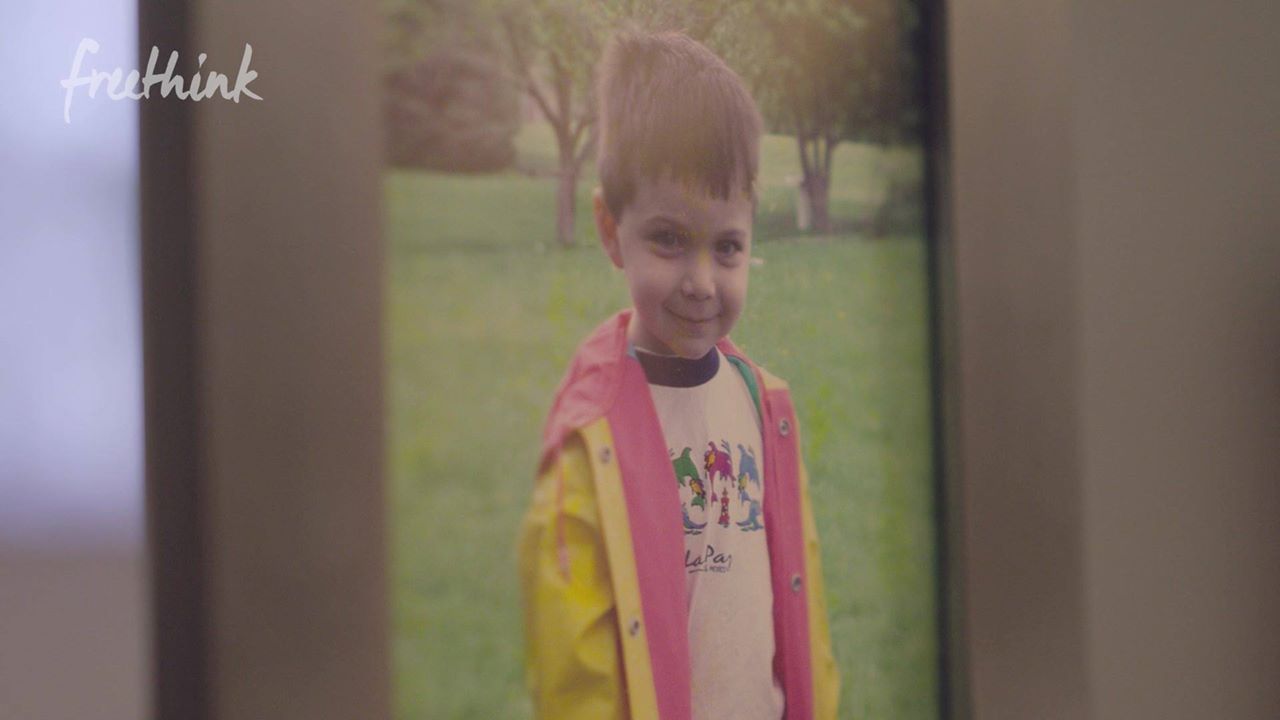
A father’s quest to help his son with diabetes led him to develop an artificial pancreas that could change the lives of millions of people who suffer from the disease. (via Freethink)
May 2, 2018
Scientists Announce Plan to Create Virus-Proof Cells
Posted by Manuel Canovas Lechuga in category: biotech/medical
Ultra-cells.
Scientists in Genome Project–write (GP-write) announce that they plan to start a project to make cells resistant to viruses.
May 2, 2018
Scientists create ultra-thin membrane that turns eyes into lasers
Posted by Genevieve Klien in categories: biotech/medical, security, wearables
It will still be a while before scientists are able to harness Superman-like laser vision, but the technology is now closer than ever before thanks to a new development from the University of St Andrews. The team there have created an ultra-thin membrane laser using organic semiconductors, which is for the first time compatible with the requirements for safe operation in the human eye. Even though the membrane is super thin and flexible, it’s durable, and will retain its optical properties even after several months spent attached to another object, such as a bank note or, more excitingly, a contact lens.
The ocular laser, which has so far been tested on cow eyes, is able to identify sharp lines on a flat background — the ones and zeros of a digital barcode — and could be harnessed for new applications in security, biophotonics and photomedicine. Team member Professor Malte Gather said: “Our work represents a new milestone in laser development and, in particular, points the way to how lasers can be used in inherently soft and ductile environments, be it in wearable sensors or as an authentication feature on bank notes.”
May 2, 2018
Aging is no laughing matter
Posted by Nicola Bagalà in categories: biotech/medical, life extension
Sometimes, people laugh imagining themselves as elderly people. Would they laugh imagining themselves as diseased?
If you watched a TV show, or read a comic book, where the difficulties and suffering of an oncological patient were portrayed in a disrespectful, humorous way, you would likely be outraged; at the very least, you would think that the show or comic book was in seriously bad taste. You’d probably think the same about similar material involving a disabled person or anyone who, because of an incurable disease, had only a short time to live spent in increasing misery—for example, a child affected by progeria, a disease that may best be described as a sort of accelerated aging syndrome that kills off its victims in their mid-twenties at the very latest.
Yet, it is not uncommon to see the diseases of old age, and even elderly people in general, being laughed at in just such a way without causing much outrage at all. Why is there a difference?
May 2, 2018
Scientists identify two hormones that burn fat faster, prevent and reverse diabetes in mice
Posted by Manuel Canovas Lechuga in categories: biotech/medical, genetics
Two hormones called #notum and #lipocalin5 that speed up the body’s ability to burn fat.
UCLA geneticists have created a new technique to hunt for hormones that influence how organs and tissues communicate with each other. The method enabled them to find naturally occurring molecules that play major roles in Type 2 diabetes, obesity and cardiovascular disease.
In particular, they discovered:

